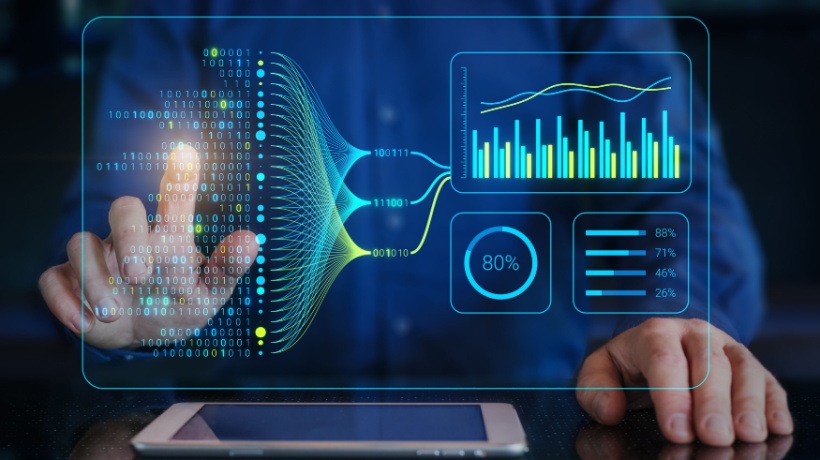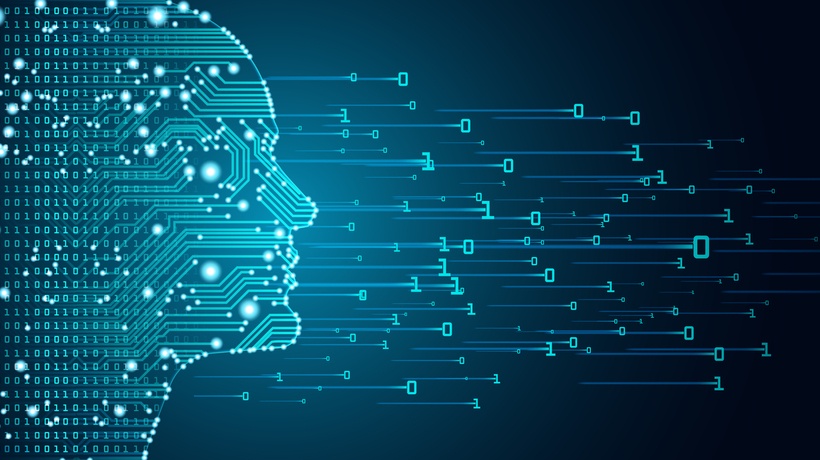What is Big Data? Gartner analyst Doug Laney has characterized Big Data as “data that’s an order of magnitude greater than data you’re accustomed to.” That’s kind of vague, so here’s an example to illustrate just how much data is floating around the world.
Every minute of every day, 48 hours of video content is uploaded to YouTube, over 2 million queries are sent to Google, over 100,000 tweets are sent and nearly 600 new websites are created. All this is being tracked and stored. IBM’s chief executive, Virginia Rometty estimates that “there will be 5,200 gigabytes of data for every human on the planet by 2020.” That’s a LOT of data.
The magnitude of Big Data scares a lot of people. It also excites a lot of people, from entrepreneurs to marketers to educators.
Forbes contributor Raj Sabhlok says, “The right data and the right time not only reduce stress but also boosts your productivity. And that goes for your company too.” Sabhlok believes businesses can and should sort and filter corporate data to meet their needs.
Social Innovation Fund Director Michael D. Smith also sees the positives of big data. “It’s a great opportunity to figure out how you leverage the interest graph, how you leverage the social graph, how you leverage everything that we know about people on social networks. Don’t think about it as scary—think about it as an opportunity.”Tony Clement, part of the strategy team for Big Spaceship, an agency that offers strategy, design and data analytics services, echoes the sentiment that Big Data is about opportunity—and surprisingly, about people—provided you know how to maximize it. “Giving your data a meaningful voice is about choosing to invest in the right human skills. Skills that increase an organization’s analytical literacy, eye for information design and ability to build data driven stories.”
Data driven personalization is a lesson you can apply to your e-Learning content
With the help of big data and new technology like Tin Can API, you have the opportunity to know more about your learners and their behavior patterns than ever before. You can use that knowledge to come up with e-Learning courses that truly engage your learners, through scenarios that speak to their job situations and needs, characters they will relate to and more. A personalized, relevant course is essentially a data driven story, a meaningful use of Big Data in your e-Learning.Branding expert and former professor Dorie Clark says it best when she compares Big Data’s personalization potential to the experience of shopping at an old time general store. “Where the owner knows you and knows your family and is absolutely aware that with this new product, maybe your child would like it and they suggest it to you. That’s something that as our country and the world has grown and become globalized, it became impossible to do at such a large scale. But Big Data is enabling us to go back to those roots and give people the personalized experience that they craved in the past, and is part of human nature.
”Don’t let Big Data overwhelm you. Now is the time to embrace Big Data in e-Learning.
You can create a robust, personalized learning experience based on collected data by using a full-featured authoring tool like Lectora Inspire to create courses and a robust learning management system to track how well you hit your target. Software like Lectora Express – The Easy LMS or CourseMill LMS can help you easily track, record and analyze your learners’ activity.







